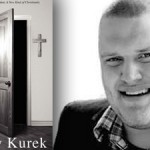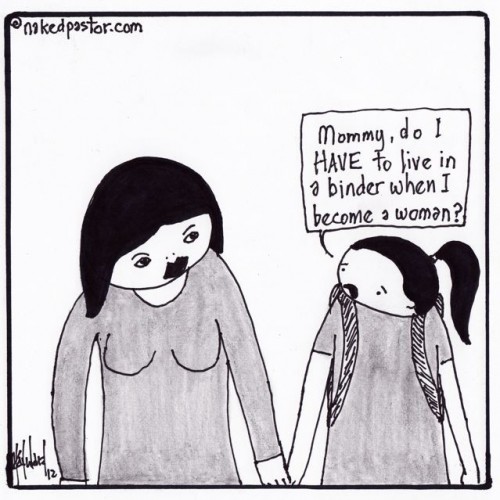This may be my last comment on Jack Good’s book, The Dishonest Church. In it, he quotes at length from a book I had to rigorously study during my seminary days, Fowler’s book Stages of Faith. Fowler’s conjunctive stage is the final stage:
“In the transition to the Conjunctive stage one begins to make peace with the tension arising from the realization that truth must be approached from a number of different directions and angles of vision. Faith must learn to maintain the tensions between these multiple perspectives, refusing to collapse them in one direction or another. In this sense, faith must begin to come to terms with indissoluble paradoxes: the strength found in apparent weakness; the leadership that is possible from the margins of society… the immanence and the transcendence of God… In what Paul Ricoeur has called a second or willed naivete, persons of the Conjunctive stage manifest a readiness to enter into the rich dwellings of meaning that true symbols, ritual, and myth offer. As a correlate of these qualities, this stage exhibits a principled openness to the truths of other religious and faith traditionsâ€.
In this context, Good talks about “cognitive dissonance†that exists in the minds of believers, that on the one hand they believe in an almighty God who is good, but on the other hand experience a perplexing world of pain that they can never understand. At some point one side of this contradiction has to give. Good admits on that he and his wife “had given up belief in an omnipotent God†(p. 44) because of this tension. An omnipotent God and a world of suffering: this, in my mind, is one of the indissoluble paradoxes Fowler speaks of, and not necessarily a contradiction.
<br />











